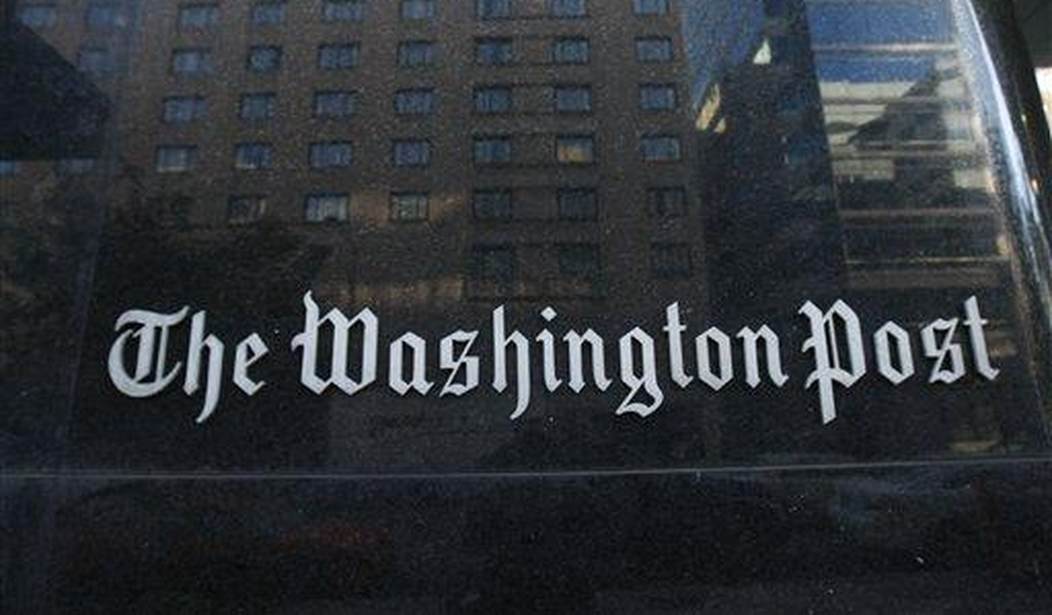The left is celebrating the indictment of Donald Trump, although why even if Trump is guilty this is a cause for joy is beyond me. This is a dark day in our nation’s history that even partisan Democrats recognize as problematic.
This is a political prosecution — the kind of prosecution that happens in banana republics and the former Soviet Union and not in a great, big, grown-up republic like the United States of America. How do we know it’s political? The efforts with which prosecutor Alvin Bragg and his office are going to try and treat the indictment of the opposition’s leading candidate for president as nothing special give the game away.
This is not about “confirming the rule of law” or “restoring democracy.” Perhaps another Trump prosecution in the works for election interference or mishandling of classified documents would serve that purpose. But the legal somersaults being turned by Alvin Bragg and his office to indict Trump call into question why this prosecution is going forward.
“Like any other defendant, Mr. Trump is entitled to challenge these charges in court and avail himself of all processes and protections that New York State’s robust criminal procedure affords,” Bragg’s general counsel, Leslie Dubeck, wrote to Congress.”What neither Mr. Trump nor Congress may do is interfere with the ordinary course of proceedings in New York State.”
Anyone who believes anything about this case is “ordinary” is obfuscating the truth. Whatever the “ideal” for an ordinary court proceeding might be, it’s not going to happen. It can’t happen in any realistic way.
Related: Will You Be Next?
This Washington Post editorial can barely conceal its skepticism about the indictment.
Though the precise charges are not yet known, it’s expected that prosecutors are now going after his boss for supposedly covering up his reimbursements for the favor. Falsifying records in this way is usually a misdemeanor in New York, but if it was done to cover up another crime, it can turn into a felony. The idea here is that the hush-money payment constituted an improper political donation because it benefited Mr. Trump so close to the election.
And the editorial points out the stretch to make this crime a felony and why it might not fly in court.
Pyramiding two transgressions of state rules to go after a federal candidate is legally plausible. But the strategy is also novel, and courts may regard it with skepticism. What’s more, the potential campaign finance charge itself is shaky. When federal prosecutors charged former senator John Edwards (D-N.C.) with a similar crime following his 2008 presidential run, he rebutted the accusation by arguing he was trying to disguise his faithlessness from his wife rather than from the voting public. The trial ended in acquittal on one count and a hung jury on others — at which point the Justice Department dropped the charges.
Bragg is using a nuclear weapon to kill a fly. And it’s in service to a political agenda that is making a federal case out of a misdemeanor.
“Public perception and political strategy shouldn’t dissuade a district attorney from bringing a solid case, but neither should they persuade him to bring a shaky one. This prosecution needs to be airtight. Otherwise, it’s not worth continuing.” write the WaPo editors. And a trial judge just might agree with them.
Imagine the explosion if the trial judge throws out the “political donation” part of the prosecutor’s equation, which would drop the campaign finance charge to a misdemeanor. That’s just one of the possibilities, which include an appeals court making short work of any conviction — if it gets that far.










